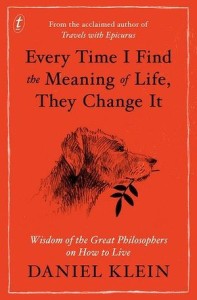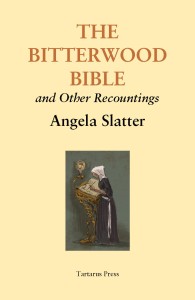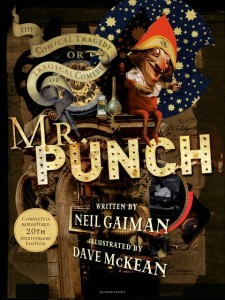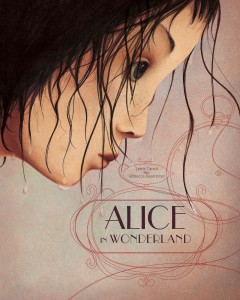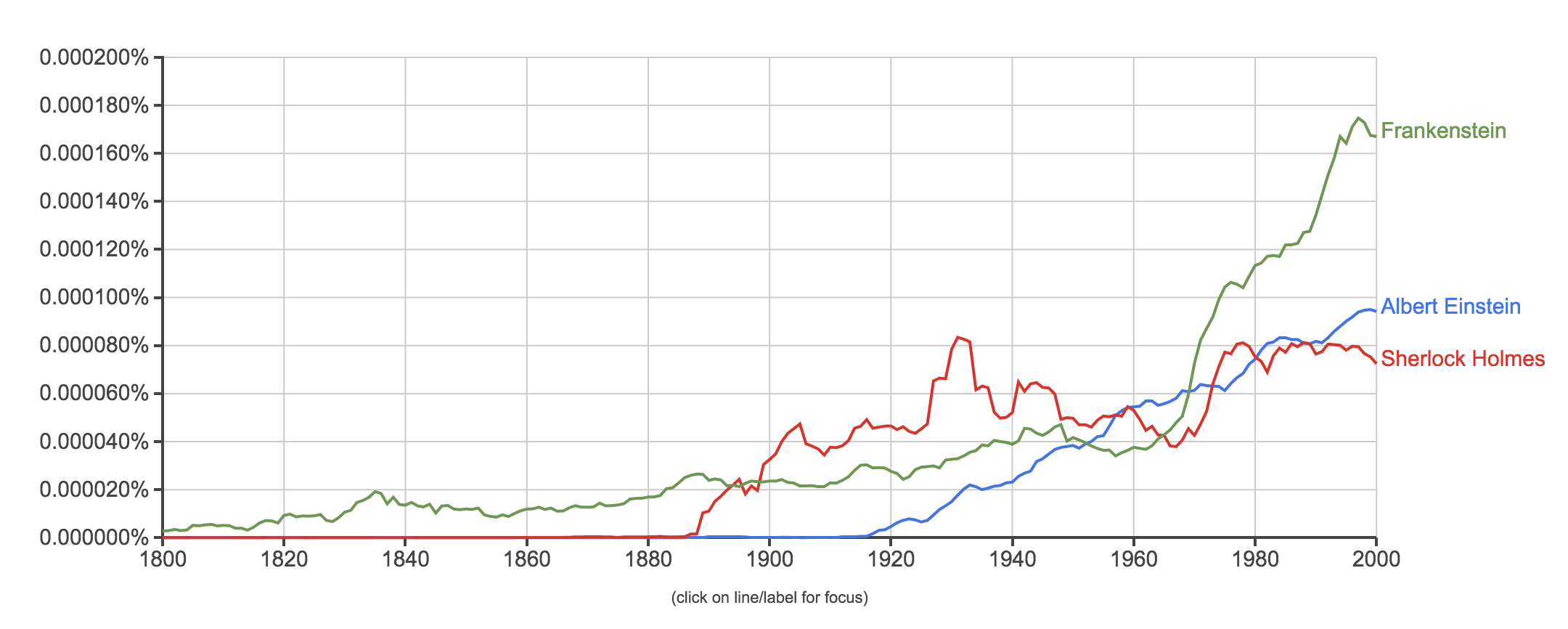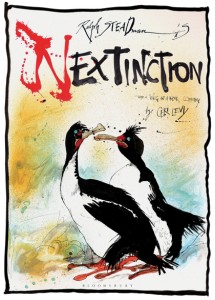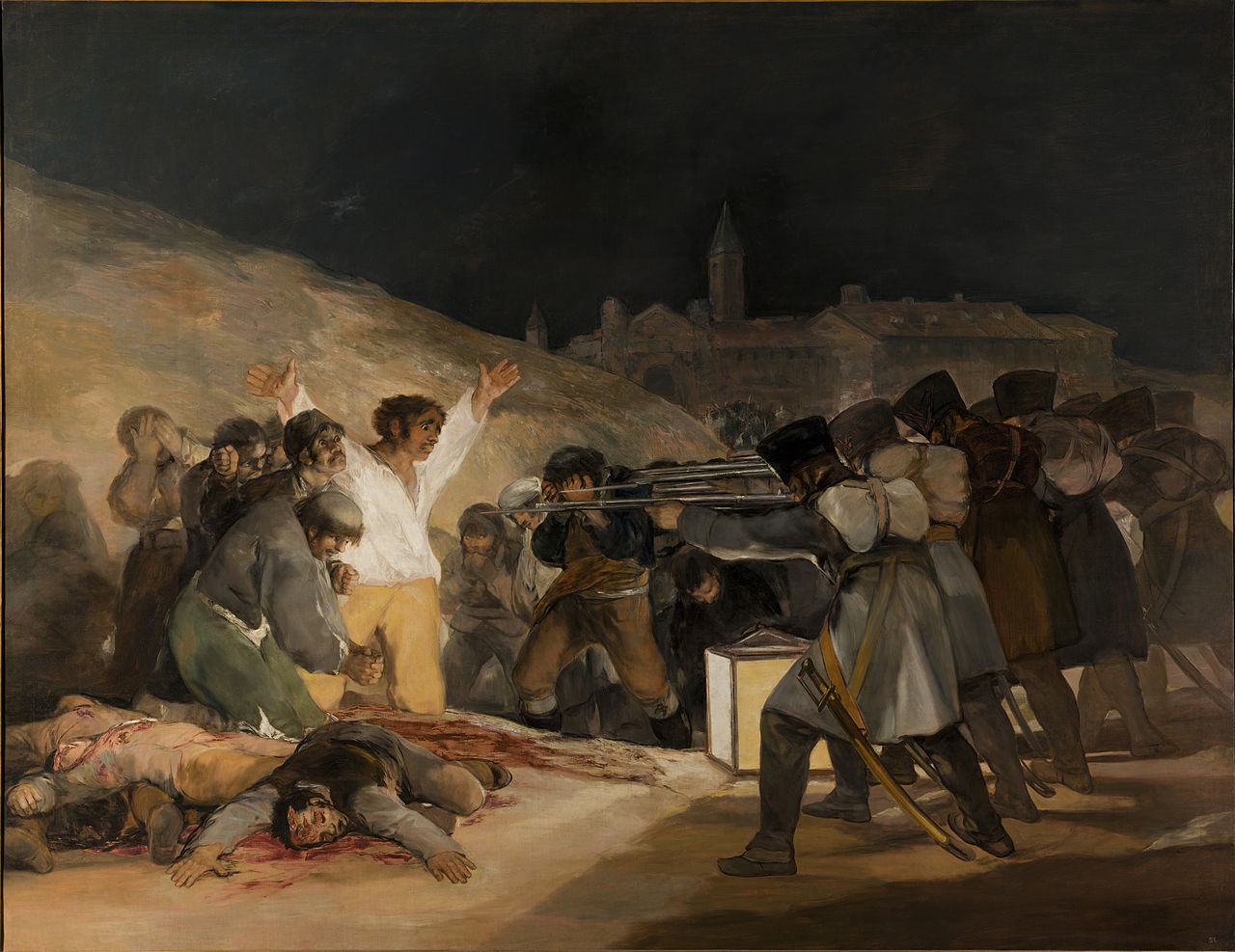Jovellanos :: Goya
What is the distinction between literary fiction and genre fiction? Are these sundered and foreign countries, or do they share a common border? If they do have uncertain geographies, debated borders, hesitant small zones of hashed-out landmass, belonging to neither and both, then where is this shadowed half-place? How do we know when we have crossed from one land into the other?
Genre is often defined as anything that isn’t literary, encompassing among other things Romance, Crime, Fantasy and Science Fiction. But this is unhelpful unless we can define what we mean by literary fiction without resorting to an endless circular tautology. And therein is the rub. ‘Literary fiction’ as a term isn’t itself a very useful one. ‘Mainstream’ or ‘general’ fiction are perhaps better at capturing the bookshop shelf that is often named ‘Literature’, although it is debatable whether bookshop shelving tells us much past which titles tend to sell better when shelved beside which other titles.


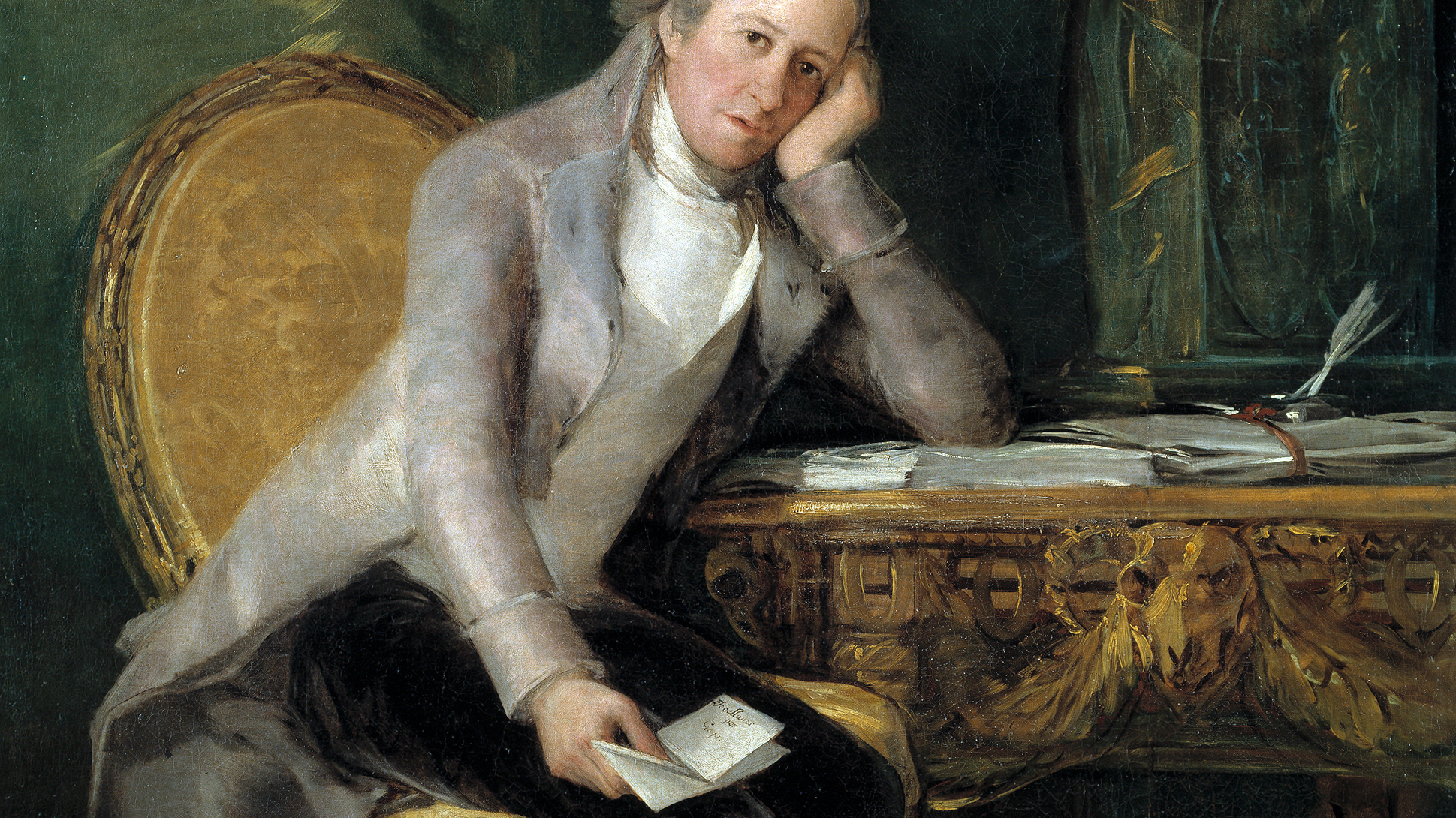
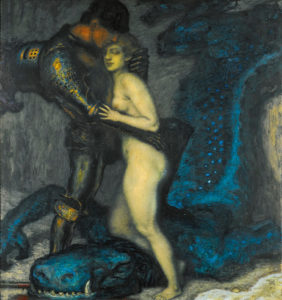
 Gratitude is the last work we shall have from Oliver Sacks. It comprises four essays that were published in the closing years and months of his life. The first essay, Mercury, was written and published before Oliver Sacks discovered that he had a rare and difficult to treat form of melanoma. It celebrates old age, and the essay feels, in its way, soberly upbeat. It is an essay steeped in the love of living. Within its words reside the glimmering promise of good health and happiness for at least a few years to come. And yet there is a tension that Oliver Sacks never intended. As the reader, we know more than he did when writing it. We know that he will not live out the decade. We know that his body was already secretly betraying him to cancerous cells, even as he wrote about the joys of good health in old age.
Gratitude is the last work we shall have from Oliver Sacks. It comprises four essays that were published in the closing years and months of his life. The first essay, Mercury, was written and published before Oliver Sacks discovered that he had a rare and difficult to treat form of melanoma. It celebrates old age, and the essay feels, in its way, soberly upbeat. It is an essay steeped in the love of living. Within its words reside the glimmering promise of good health and happiness for at least a few years to come. And yet there is a tension that Oliver Sacks never intended. As the reader, we know more than he did when writing it. We know that he will not live out the decade. We know that his body was already secretly betraying him to cancerous cells, even as he wrote about the joys of good health in old age.

